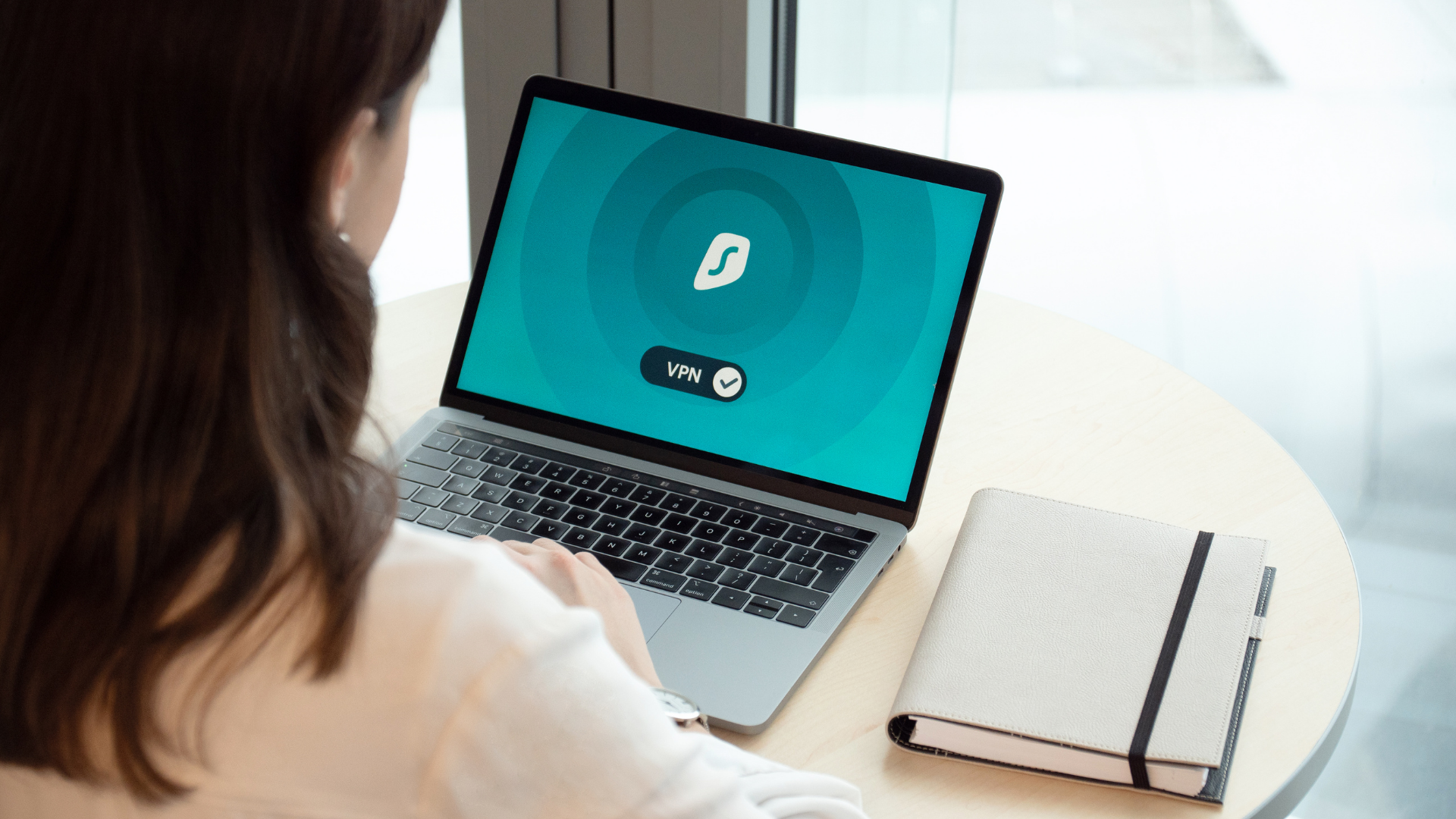Accessing the web from a region where it’s restricted can be a real pain. You can use your home computer to access blocked content, but what happens when you’re off-grid and need to get online? That’s where VPN services come in handy, and you can use them to unblock websites and services in countries across the globe. However, VPNs aren’t just for travelers. Using one for your everyday usage may provide a huge boost for privacy and security. Read more.
What is VPN?
VPN stands for Virtual Private Network. A VPN connects a computer to a private network over the internet. Your device connects to a secure private network that is different from the network you are connected to in real life. A VPN will encrypt your data and make it anonymous from prying eyes, making your online activities much more secure.
A VPN (Virtual Private Network) works by creating a secure encrypted tunnel to a remote server, which creates a secure connection between your device and the remote server. This connection can then be used to access any site you need through your device, even if that site is blocked at your home.
As online privacy becomes more important in this day and age, more and more people are turning to Virtual Private Networks to encrypt their internet traffic and provide them with complete anonymity. There are many good free VPNs out there, but a large number of people report that these free services have a lot of restrictions (often requiring you to use a web browser with built-in ad-blockers) and that they are not as fast and secure as top-notch premium services. Therefore, you might want to do some research about various VPNs (you could start off by checking Nordvpn vs Cyberghost reviews) before you begin using one.
VPN while Traveling: Why should you use it?
Do you think using a VPN service for your internet connection when traveling is a good idea? There are tons of amazing destinations around the world where you can unwind and relax but need to stay connected. But you might be traveling and want to stay safe and secure while also keeping your activities private and secure. So, what should you do? Well, getting a VPN is not a bad idea.
However, remember that VPN sometimes tends to slow down the internet connection, which can affect your upload and download speed. You can possibly keep a tab on the internet speed (those interested can search “whats my speed” online) and maybe switch to a better connection if the need arises. Make sure to choose a connection that doesn’t hamper your internet speed even with a VPN running.
With that, here are the following reasons why using VPN while traveling is a great idea:
- You can access blocked websites, get rid of annoying ads, and increase your online privacy while online.
- You can use it to bypass geographic restrictions. The best VPN providers have an excellent list of servers located in over 90 countries.
- Protect your data and identity online. Paid VPN service, there are free VPN options that still offer great protection, but sometimes, even free VPN services require users to join the service first before their data is securely encrypted.
While most people know that they need to use a VPN while traveling to protect their data and privacy, many forget that they can also hide from location and IP address.
Additionally, if you have a remote job or are going on a workcation, VPN can help you protect sensitive workplace data and reduce cybersecurity threats. Your company may already have kept cybersecurity in mind while developing a work application for PC and mobile with the help of static application security testing and a mobile device management program. However, VPN can provide double security for your personal as well as work-related data by backing up the data on the cloud and providing access control.
We all know the importance of staying protected on the internet. With Wi-Fi and cell phone networks becoming more and more insecure, everyone needs to know how to protect themselves. But what about when you’re away from your own home, like on vacation or business travel? Well, if you are on a business trip and you constantly have to access data, then you may also want to opt for an SD-WAN secure system (check out https://www.fortinet.com/resources/cyberglossary/sd-wan-explained for better understanding). It could provide a failover security feature that VPN does not. However, if you are just traveling for recreational purposes, then you can use a virtual private network, or VPN, to encrypt your traffic and keep your browsing and other online activity private and secure.
Before you start accessing the online world through VPN…
If you are going to be traveling for an extended period, it is always a good idea to set up a VPN to make sure you remain connected with the outside world. You might have seen the news about your ISP monitoring your activity and selling that data to third parties, or maybe you have heard of government agencies tracking you with your phone, laptop, or tablet.
Also, make sure to choose for the best. It is not hard to find articles and reviews about VPN services. However, most are too focused on what the service can do for the user at home. However, when traveling, there are a lot of things to consider. Whether you are in a country that is censored or where access to the internet is restricted, a VPN can help you regain your internet freedom and access to sites that you can’t normally access.
